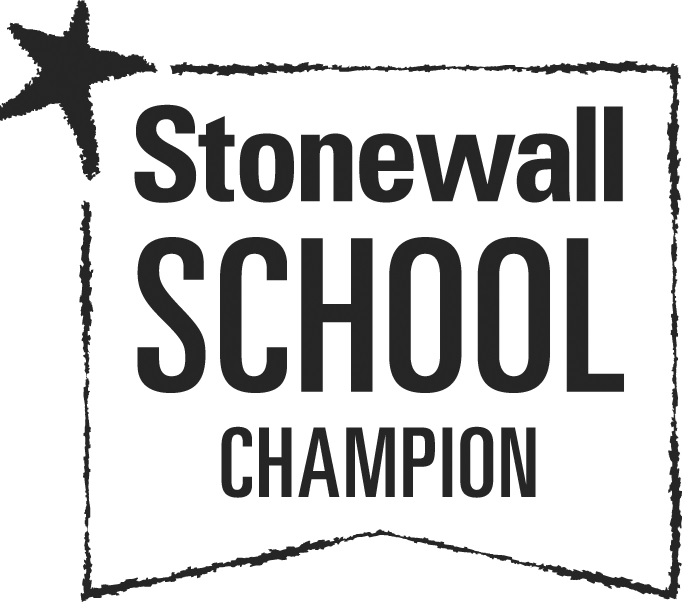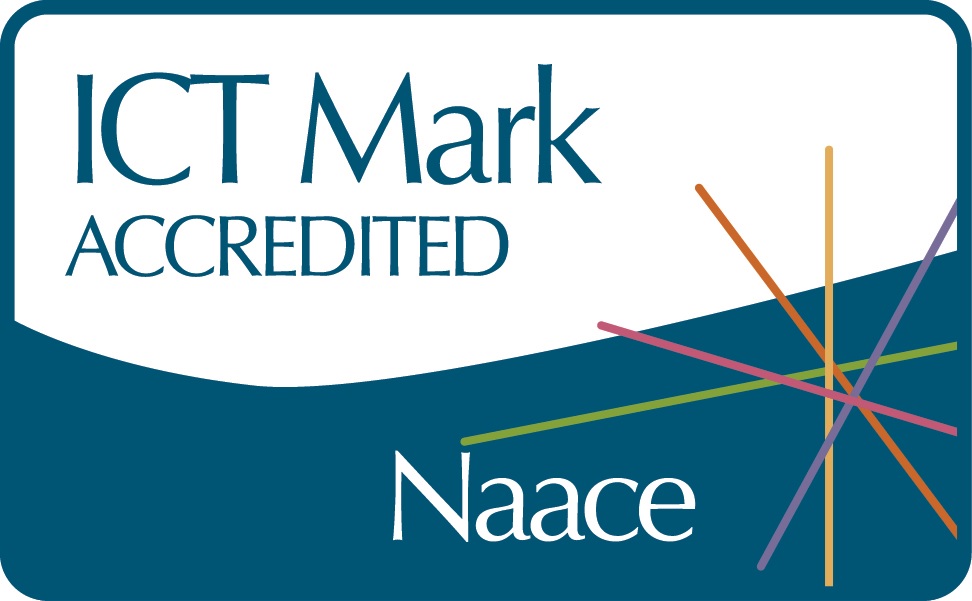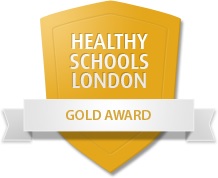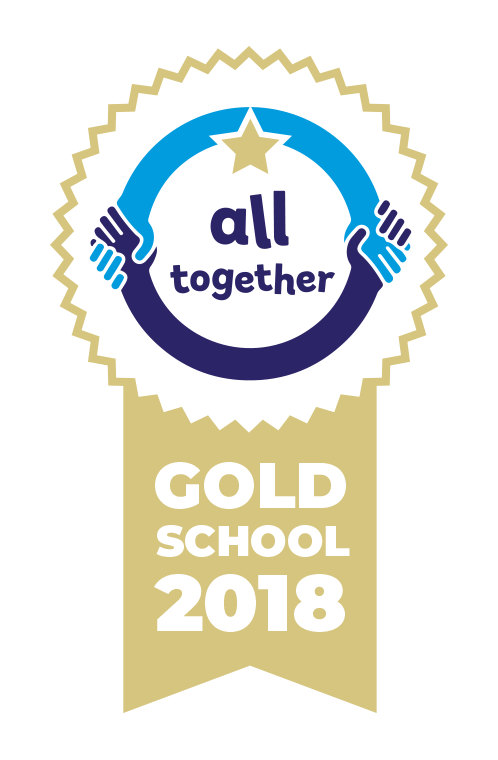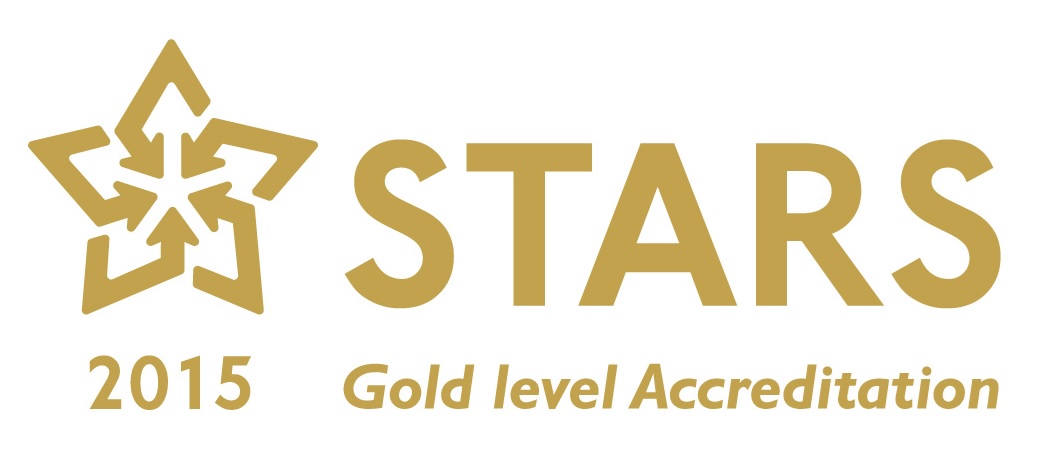Equalities Objectives
Our equality objectives for 2025-26 are:
1. To review our teaching to ensure it actively engages all children, particularly those at the early stages of English and those identified as disadvantaged, in order that they make better than expected progress. 90% of observed lessons will show active engagement strategies for EAL/disadvantaged pupils.
- Adapt teaching approaches with reference to EEF research and WalkThru models on best approaches to teaching, ensure learning is active and engaging, use of visuals, models, concrete apparatus as appropriate;
- Ongoing staff training and coaching to support the development of pedagogy that best meets the needs of all learners.
2. To strive to diminish the difference in attainment of children with English as an additional language (EAL) with ‘all’ children, in order that the gap closes to less than 10% by the end of Key Stage 2. And with particular reference to our Eastern European and Turkish/Kurdish children.
- Ensure teachers provide a supportive and challenging approach, by continually reviewing whether our provision meets these children’s needs;
- Ensure staff adapt teaching as appropriate e.g. providing appropriate scaffolding, ensuring a language rich environment, explicitly teaching vocabulary, targeting support to identified children, interventions, working with parents.
3. To strive to maintain the low difference in attainment of ‘disadvantaged’ children with ‘all’ children, in order that the gap closes to less than 10% by the end of Key Stage 2, by continually monitoring whether we are meeting their needs and adapting classroom teaching as appropriate e.g. reflecting on pedagogy, by providing 1:1 tutoring, workshops for parents
- Ensure teachers provide a supportive but challenging approach – active participation, every child a learner engaged in each session;
- Ensure staff adapt teaching as appropriate and with reference to EEF research and WalkThru models e.g. providing appropriate scaffolding, ensuring a language rich environment, 1:1 phonics tutoring if needed, targeting support to identified children, working with parents.
4. To increase the extent to which all pupils, in particular those with protected characteristics as defined by the Equality Act, feel valued, supported and confident, and in consequence are more likely to achieve their potential.
- We will safeguard and promote the characteristics outlined in the Equality Act, ensuring that all individuals feel safe, valued, and confident within our school community. These characteristics include age, disability, gender, race, religion and belief, sex, and sexual orientation;
- All children receive carefully planned PSHE, HRE and SRE lessons;
- Our broad curriculum celebrates a diverse range of achievements;
- We will develop and support staff and children in confidently challenging stereotypes and toxic masculinity;
- Our lessons and literature will promote diversity and anti-racism;
- Our lessons and behaviour curriculum will promote anti-bullying;
By actively acknowledging and supporting these diverse attributes, we foster an inclusive environment where every individual is respected, supported, and empowered to thrive.


 Tel: 020 8888 8261
Tel: 020 8888 8261 office@belmontjnr.haringey.sch.uk
office@belmontjnr.haringey.sch.uk

